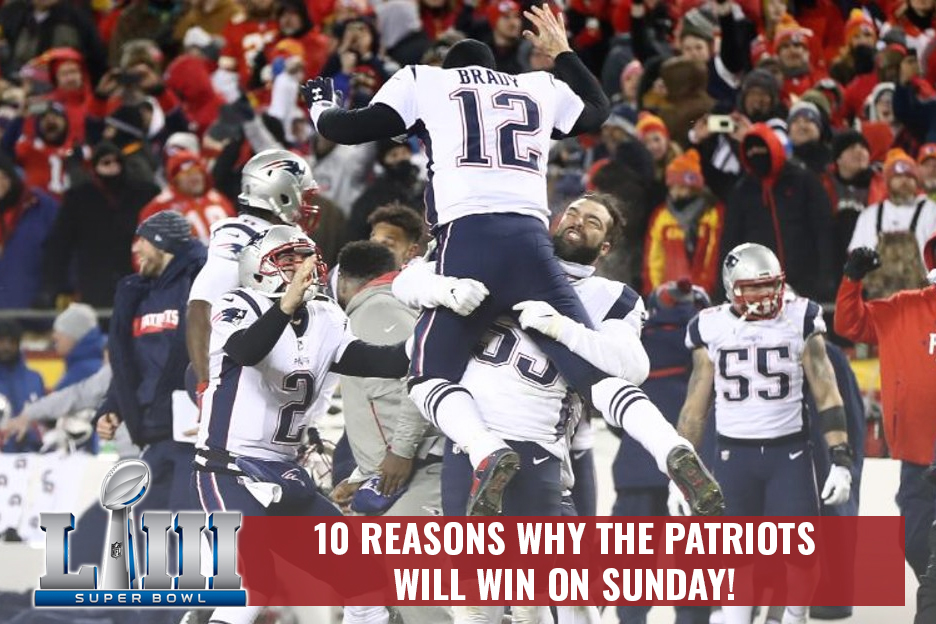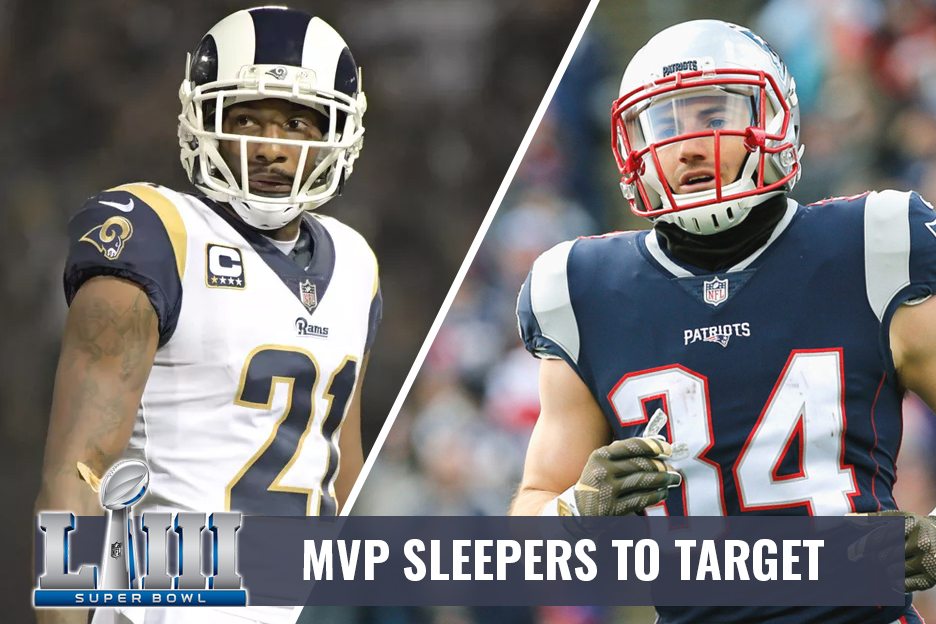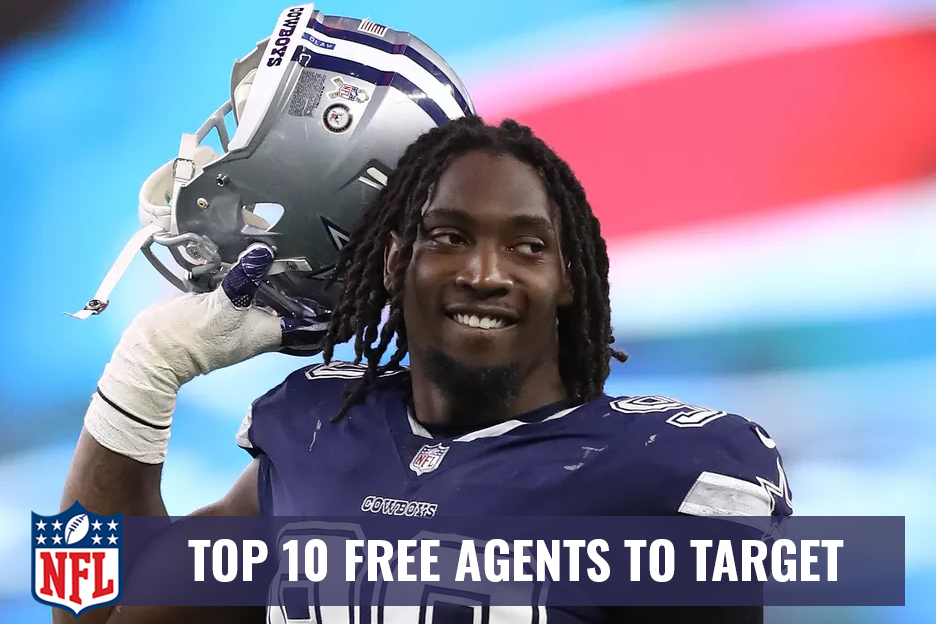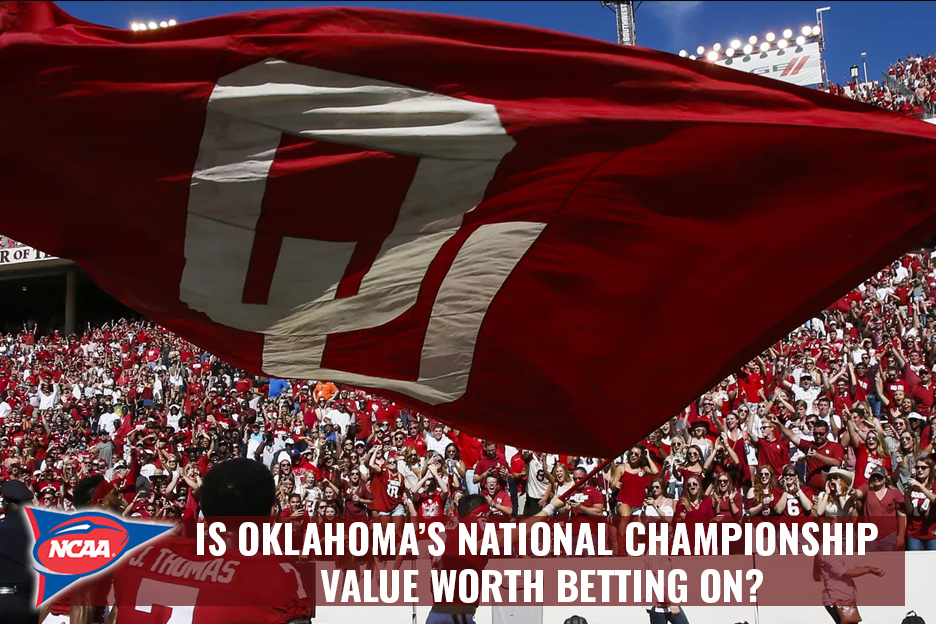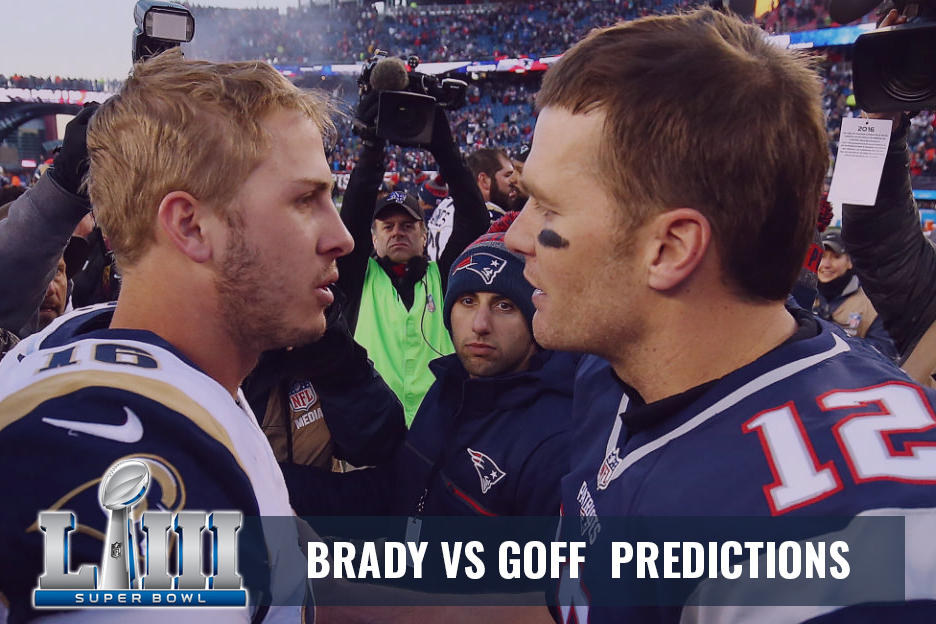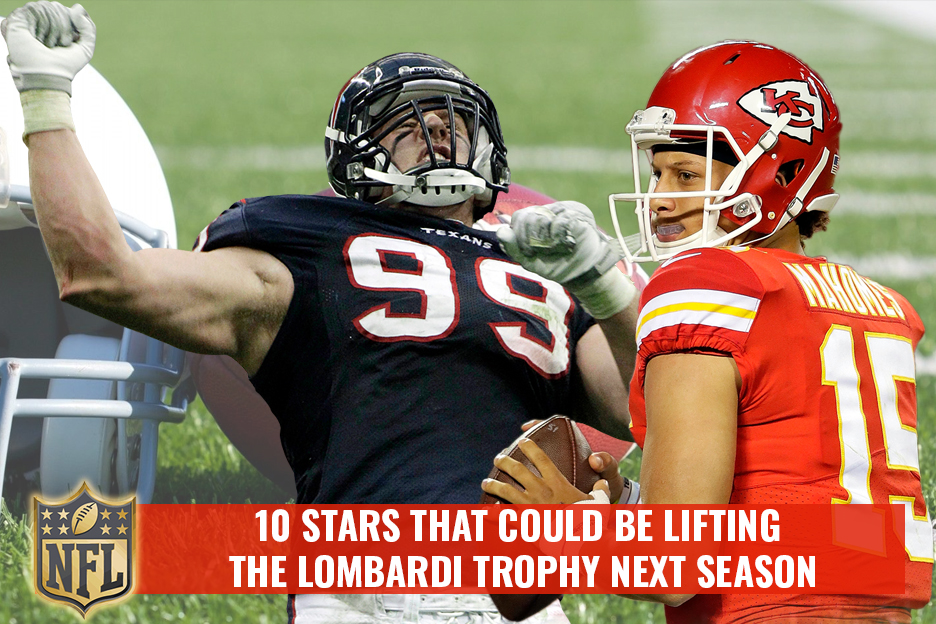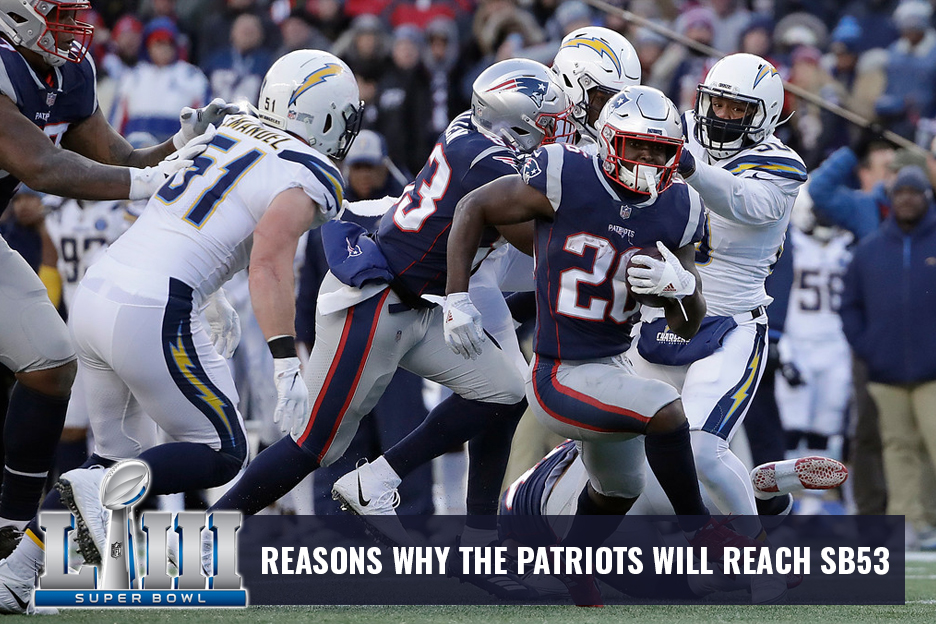

Posted in: General
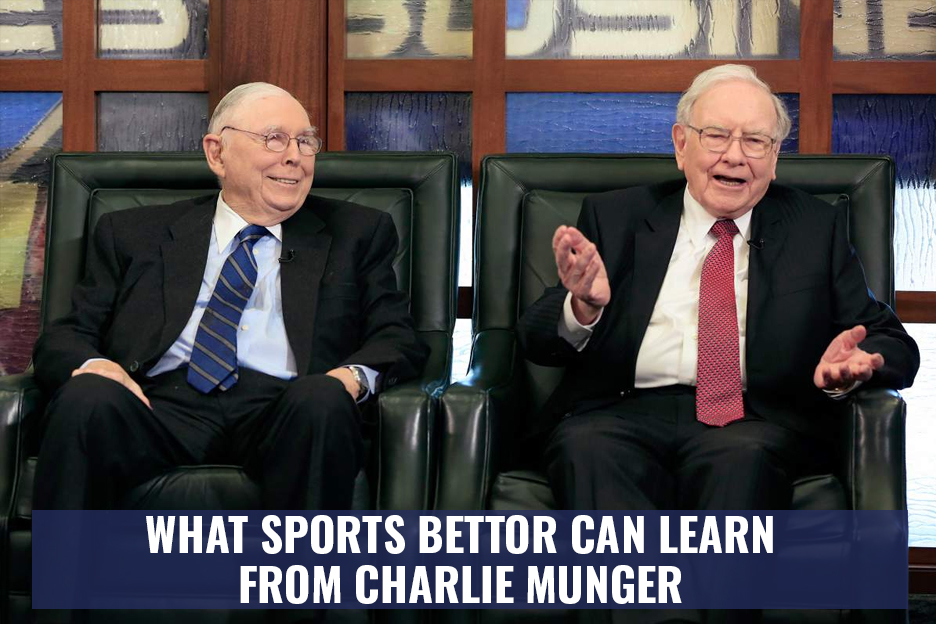
Charlie Munger has been the right-hand man for Warren Buffett of Berkshire Hathaway for several decades. They met in 1959 and have made billions of dollars since then. While Buffett gets the most press and the larger share of the profits, Munger has worked quietly in the background.
Over the years, Munger has written about many things that have led to his success and has given many speeches. Many of these were included in a book titled Poor Charlies’s Almanack. The book is expensive, currently selling for over $60 on Amazon, but if you have any interest in thinking accurately and biases, it’s well worth the money.
What does this have to do with sports betting?
One of the most powerful tools used by winning sports bettors is accurate thinking. To make profitable wagers, you must be able to ignore things that don’t matter and pull relevant information out of everything available.
This is where accurate thinking comes into play.
In your quest for accurate thinking, you’re going to find that one of the important steps is recognizing biases and eliminating them. The first thing you’re going to learn below is more about accurate thinking. Then I cover bias and list many common biases that sports bettors have.
Accurate thinking is a concept that first became popular in business and entrepreneurship circles because it was included in the popular Napoleon Hill book Think and Grow Rich. Here’s a simple definition of accurate thinking from the Napoleon Hill Foundation web site.
I like this definition. It clearly states in a simple sentence how powerful accurate thinking is for sports bettors.
Let’s look at the definition piece by piece:
The definition starts with “the mental process.” This is easy to ignore, but it’s the most important part of the definition. It’s hard to just stumble into accurate thinking by accident. You need to develop accurate thinking deliberately, and that’s a mental process.
In other words, you can train yourself to think accurately. It’s not easy, and it takes a lot of work, but accurate thinking is a learnable skill.
The next part of the definition is “enables us to identify.” When you handicap a sporting event you have access to mountains of information. You can access more data on sports today than at any time in history. This is good, because you have more information, but it can also be bad, because not all of the information is important.
You need to be able to quickly identify which pieces of information are important and which pieces aren’t.
This leads us to the end of the definition. You must find information that is both “true and relevant.” It isn’t enough for the information to be true. It must also be relevant.
Here’s an example:
All this information is factual, but if you make a betting decision with only these facts, you could be making a costly mistake. With just this information, the easy pick is the 4 – 0 home team.
Here’s some more information about the two teams:
All this information is both true and relevant. Without the relevant information, it’s easy to see why someone would decide to bet on the 4 – 0 team.
But with the relevant information, you can see the 4 – 0 team has little chance to win.
Bias has many definitions, but here’s the one most relevant to sports betting:
As humans, we start getting conditioned–or biased–as soon as we’re born. Our environment, parents, schooling, friends, and everything else we interact with throughout life bias our opinions and beliefs.
Many of these biases work in the background, and we don’t even realize we have them.
This is dangerous and costly when it creeps into our sports betting decisions.
But he continues to do it year after year.
The only way to get started in finding your own betting bias issues is by accepting that the odds are that you have some, and then trying to find them and eliminate them.
Try to be completely honest with yourself as you read about the most common sports betting biases below. I cover the most common biases for sports bettors, but these aren’t the only ones. This list is just a starting point to help improve your accurate thinking and to start eliminating biases:
In most sports, home teams win more often than road teams. While it’s important to understand this fact and to use it when handicapping games, it’s also important not to put more weight on your decisions than it deserves.
This might sound confusing, and it’s hard to find the fine line between using the relevant information about the home team bias and giving it too much weight.
It’s easy to see where giving the home team too much credit is wrong in an extreme example, but in a close game it’s often hard.
Late in the NFL season, the best team in the league is on the road playing against the worst team in the league. The road team will be heavily favored, and they should be. The home team has almost no chance to win.
The same week a team with a 6 – 6 record is home against a team with a 7 – 5 record. In this game, home field advantage is more important than in the other game.
But how much of an advantage is home field in this game?
This is where you need to dig for more information, including the home and away records for both teams.
The important thing to understand is that a home field bias exists for many sports bettors. Determine if this bias is hurting your handicapping.
Fix it if it is.
Most biases are at least partly fueled by facts. The home team biasis fueled by the fact that home teams win more often than visiting teams. The home underdog bias is closely related to the home team bias and also loosely based on facts.
This is what happens when a simple system becomes profitable for bettors. Too many of them learn of it, the sportsbooks start seeing lower profits, and the books figure out why and make adjustments. This is why any sports betting system you can buy is probably a waste of money. It might have worked at one time, but once too many people start using it the sportsbooks make it unprofitable.
Even though it’s been years since you could profitably bet all home underdogs, many punters still have a home underdog bias problem. This was one of the biggest biases I had to eliminate when I started applying accurate thinking to my handicapping.
I still bet on some home underdogs when the lines offer value.
But I had to learn not to place too much value on the home team edge in these games. Honestly, it took me a couple years to tame this bias, but when I did, it helped my results a great deal.
The local team bias is closely related to the favorite team bias covered later, but it’s not the same. Often your local teams are also your favorite teams, but not always. Only 2 of the teams in my state are included in my favorite teams, and 3 teams out of state are on my list.
Local team bias comes from seeing and hearing more about your local teams than other teams. This was worse when you got all of your news from local radio, television, and newspapers, but it still applies. All of the people I know locally only want to talk about local teams. I still see quite a bit of local sports coverage. I bet the same is true for you.
Whether it happens at a conscious or unconscious level, when we receive more information about certain teams, we tend to give them more credit than they deserve. This can lead to poor handicapping.
Simply being surrounded by fans of local teams can have an influence on your decisions. Be aware of this so you don’t slip into local team bias.
When you bet on NFL or NCAA football, the most important single player on every team when handicapping is the starting quarterback. I haven’t heard a convincing argument against this anywhere, and I doubt that I ever will.
But the starting quarterback is still only a small piece of the overall picture.
Professional football handicappers evaluate every area of the game.
Here’s a list of areas you need to investigate to be a successful football bettor:
|
|
|
You need to be able to determine how much weight each area has on the outcome of a game to be successful. While the starting quarterback is the most important player, his overall influence on the process of handicapping should be somewhere between 10 and 20%.
This can be a huge difference when 2 teams are otherwise close to equal, but this is rarely the case. Don’t let the starting quarterback influence your handicapping too much. This is just as costly as not letting his ability influence your decisions enough.
When you bet on baseball, the starting pitcher is the best place to start evaluating a game.
But the game has evolved over time to the point where each team’s bullpen is almost as important as their starting pitcher.
Most starting pitchers in today’s game are tasked with keeping their team in the game for 5 or 6 innings. If the starter is pitching well and has a lead he may be asked to go 7 innings, but this is happening less all of the time.
I started weighing each team’s bullpen roughly equal to the starting pitcher when handicapping baseball games a few years ago. I’ve been pleased with the results. I still give more weight to the starting pitcher if he’s a stud and averages 7 or more innings per start, but there are only a few of these pitchers in MLB each year.
Though many punters don’t bet on NCAA baseball, if you do you’ll find that starting pitchers are more valuable than the bullpen on most teams. This is more like MLB in the 70’sand 80’s than today.
Just like starting quarterback bias, starting pitcher bias is dangerous when you place too much weight on them.
But don’t go too far and not place enough.
Both sides of this are costly.
Popular team bias tends to hurt the general betting public more than professional handicappers, but it’s still something to be aware of. Each sport has a team or two that tend to be more popular than the other teams in the league.
Here are some examples:
One of the best things about popular team bias is it can work in your favor. The sportsbooks know the public tends to bet more volume on popular teams, so they often move the lines a small amount to profit from this. When this happens, you can often find value on the popular team’s opponent.
In general, sportsbooks want an equal volume of bets on each side of a contest. When this happens, the book is guaranteed a profit on the contest. That profit is generated by the vig. If the book knows more people tend to bet on a popular team, they can move the line against the popular team to entice more bettors to wager on the opponent.
Like everything else sportsbooks do, these adjustments are based on profitability. This makes it sound like you should just always bet on the opponents of the popular teams.
But this doesn’t work.
You still need to handicap every game individually and compare the available lines with your projections for the game.
Much like the popular team bias, the favorite team bias makes you overestimate the ability of the teams you like.
But this bias is even more dangerous than the popular team bias.
The reason the favorite team bias is so dangerous is because you convince yourself that you know more about your team than others, so you should be able to use this information to help with handicapping.
But few bettors are able to use the extra information without looking at the player on the team with rose colored glasses.
It’s acceptable to be a fan. You can be a fan and still be a winning sports bettor.
But it’s hard to be a big fan of a team and make winning wagers on contests they’re involved in. Many years ago, I stopped placing line or money line bets on any games my favorite teams played in. I still place over / under wagers occasionally on their games, but the way I handicap over / under bets is almost 100% mathematical.
I suggest you stop placing bets on any contest your favorite teams play in. If you want to make a bet on your team from time to time, make it smaller than your normal wagers and use money that isn’t in your betting bankroll.
If you’re able to improve your accurate thinking and eliminate your other biases you can consider handicapping contests with your favorite team in the future, but do so carefully.
The different biases listed above are just the most common ones that cost sports bettors money. Many other biases exist in the sports betting world. The important thing is to realize that biases exist, and identify the ones hurting your decision making. When you find a bias, eliminate it and start looking for the next one.
Remember that we all have biases that creep into our lives. Most people never realize that biases control many of their actions. Now that you’re aware they exist and how much they can hurt your sports betting decisions, you can start eliminating them and make more money.
